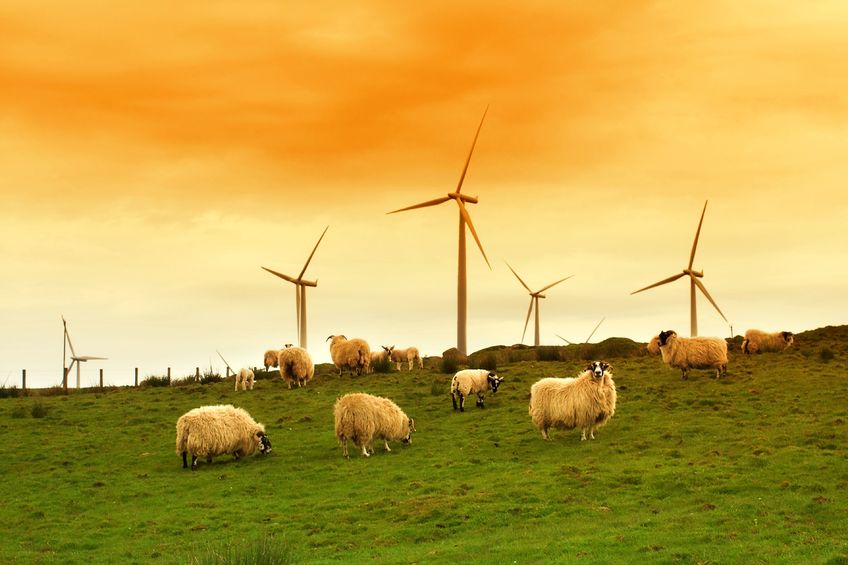
Farmers could play a significant part in decarbonisation of the UK’s national heat supply, according to a renewable energy expert.
Dr Jonathan Scurlock, Chief Adviser for Renewable Energy and Climate Change at the NFU, said the farming union has a desire to see "profitable and diversified" farm businesses through the transition to Brexit.
He explained that management of energy costs and investment in clean technology is a key part of this.
With dramatic falls in the cost of solar PV, onshore and offshore wind, as well as battery energy storage technology, Dr Scurlock said the prospect of complete decarbonisation of the UK's electricity supply is now in sight.
However, he adds that there is still a huge challenge ahead to decarbonise Britain’s heat supply.
'Great opportunity'
“There’s a requirement for large amounts of low-carbon gas to displace natural fossil gas, and this presents a great opportunity for farmers and landowners,” he said.
“An increased supply of agricultural feedstocks will be needed to fuel a growing bio-based economy, including a large fleet of biomethane plants and new processes such as synthetic gas from biomass.”
As opening speaker and chair of the keynote session on day two of the Energy Now Expo on 7 and 8 February in Telford, Dr Scurlock explains that on-farm renewables remain an exciting and fast-moving sector in the coming year.
Electric tractors
The first electric tractors may be on sale in Europe as early as 2018, and the escalating energy demands of battery cars could create opportunities for farmers to host charging stations.
An NFU paper "Electric tractors by 2020" describes all the possible technology options on the table, including the considerable safety benefits of switching from mechanical (PTO) to electrical interfaces.
“Large vehicles may also function like mobile storage batteries, earning income through ‘vehicle-to-grid’ services, and allowing access to ultra-low-cost charging,” Dr Scurlock added.
